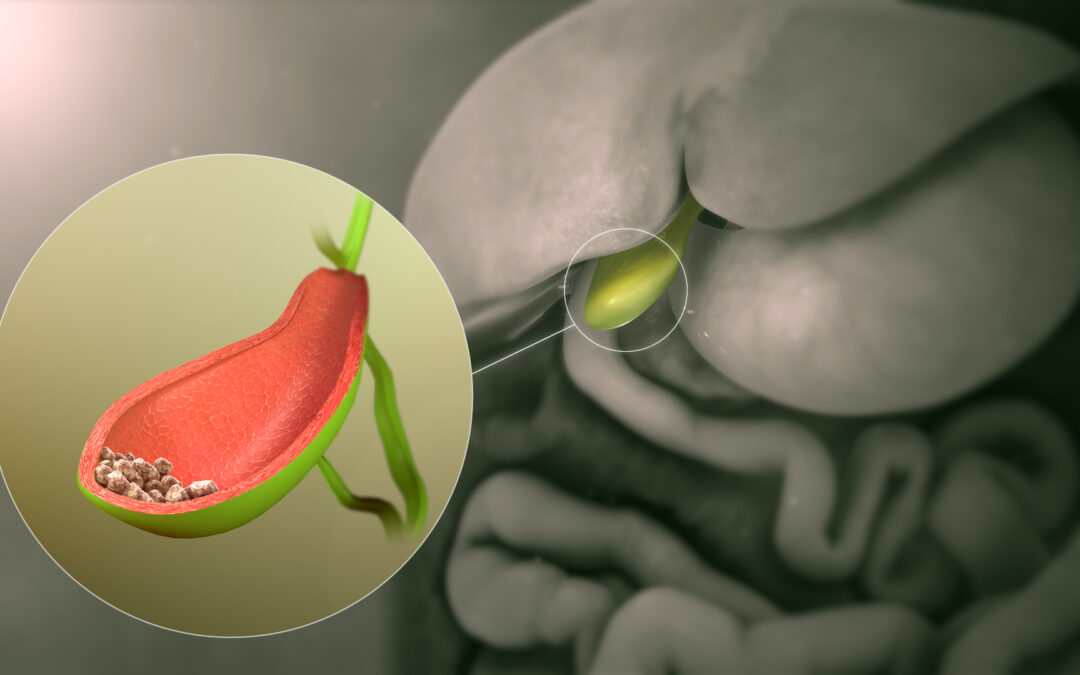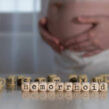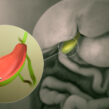What is the Gallbladder?
The gallbladder is a little, pear-shaped organ on the right side of the abdomen, situated beneath the liver. Bile, a material released by the liver and necessary for digestion, is stored in the gallbladder, which is its primary purpose. There are occasions when the bile’s contents solidify and become gallstones. It can cause major symptoms and consequences and range in size from the size of a tennis ball to a grain of salt.
Gallstones are a common health issue that can lead to gallbladder pain and other gallbladder symptoms. Understanding what to eat and what to avoid is crucial for managing this condition and can even prevent the need for gallbladder removal surgery.
Signs and gallstones symptoms
In the early stages, there might not be any symptoms. The following are some indications and symptoms that could appear later.
· Right upper abdominal pain, which can range in severity.
· Back discomfort.
· Discomfort in the stomach, particularly after a large meal.
· Soreness over the upper abdomen on the right.
· Chills and fever in the event of an infection.
· Vomiting and nausea.
Here is a guide for you in making well-informed food decisions:
✓ Foods to Eat for Gallstone Prevention:
A balanced diet rich in the following foods can support gallbladder health and may help prevent gallstones:
▪ Fruits and Vegetables: High in fiber and essential nutrients, they aid digestion and maintain a healthy weight.
▪ Lean Proteins: Options like chicken, fish, and plant-based proteins can reduce the risk of gallstones.
▪ Whole Grain: Foods like brown rice and whole wheat bread are better for your gallbladder than refined grains.
✓ Foods to Avoid to Reduce Gallbladder Pain:
Certain foods can intensify gallbladder pain and should be limited:
· Fatty Foods: High-fat meals can trigger a gallbladder attack.
· Processed Foods: These often contain unhealthy fats and sugars.
· Dairy Products: Full-fat dairy can increase the risk of gallstones.
✓ Gallstones Treatment and Diet:
If you’re undergoing gallstone treatment or have had gallbladder stone treatment, your diet will play a significant role in recovery and prevention:
· Low-Fat Diet: After gallbladder surgery, it’s important to stick to a low-fat diet to ease digestion.
· Hydration: Drinking plenty of water helps prevent gallstones by keeping bile fluid.
✓ Post-Gallbladder Removal Diet:
Life after gallbladder removal involves dietary adjustments to compensate for the absence of the bile storage function:
· Small, Frequent Meals: Eating smaller portions more often can help your body adapt to the change.
· Moderate Fat Intake: Gradually reintroduce healthy fats into your diet.
✓ Gallbladder Specialist Near Me:
If you’re experiencing severe symptoms, it’s important to consult a gallbladder specialist near me and provide personalized advice and treatment options.
A mindful approach to your diet can significantly impact your gallbladder health. Whether you’re trying to prevent gallstones or manage symptoms post-surgery, the right food choices can make all the difference.



